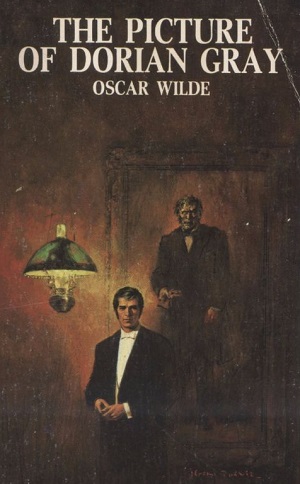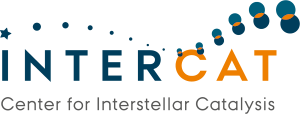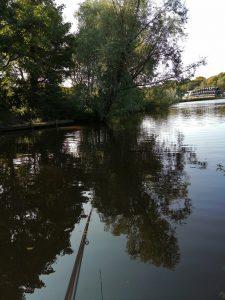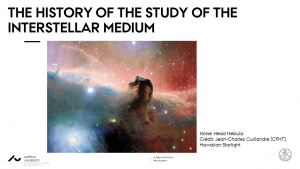Recently I’ve come across an old trend in YouTube called “day in the life”, which basically consists of people filming their entire day and sharing it online. Despite my initial skepticism of its appeal, I was successfully allured by the website’s algorithm and, before I noticed it, I had spent an imprudent amount of time watching those types of videos. Honestly, it was very interesting to see what the everyday looks like for different people from all parts of the world. Specially during these pandemic times, it seems worth it to document the secluded routines that we’ve somewhat gotten accustomed to. For these reasons, I decided to write a blog post about the Day in the Life of an incoming PhD candidate during self-isolation. I also included some tips that I try to incorporate into my routine to make it more stimulating.
I was born and raised in Rio de Janeiro, a city brimful of natural wonders such as the ravishing beaches it is so famous for. Consequently, I’ve grown accustomed to a certain level of naturally flamboyant landscapes without even noticing it. Two years ago, I moved to the metropolitan city of São Paulo to pursue my master’s degree, and found myself surprisingly longing the beautiful scenery I inadvertently took for granted. Now that I’ve finished my master’s and that most activities have gone online, I have been privileged enough to be again by the sea—and I’m making sure to cherish it. So my morning routine basically consists of a walk through the beach—sometimes longer, sometimes shorter, depending on the day. There’s something nice about feeling the sand beneath your feet that can really set the mood for the day. But I digress.
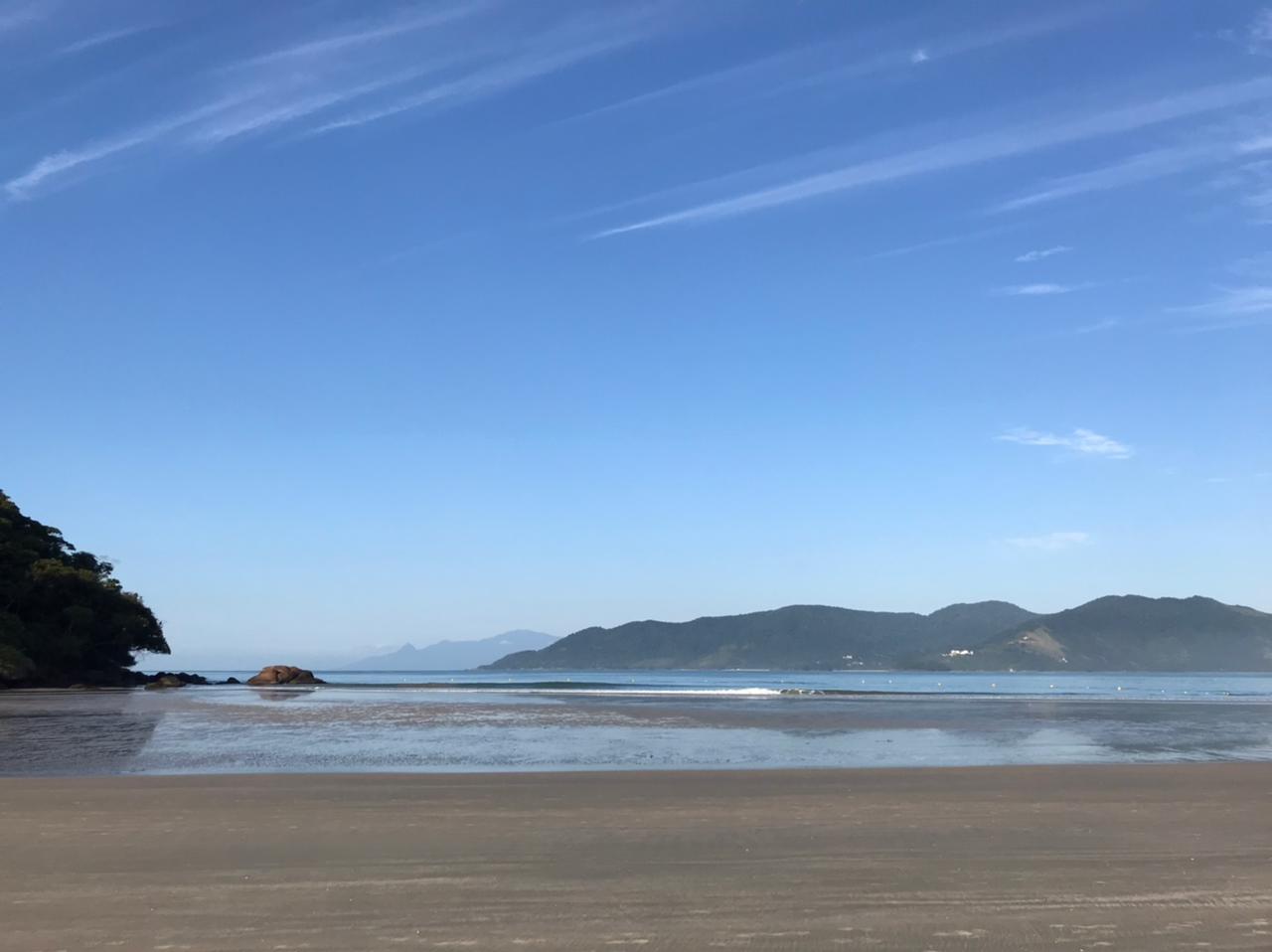
Picture I took the other day during my walk
After my walk, it’s time to start the activities of the day. Normally I like to begin by reading some papers related to my research—either relevant reviews or a couple o recent publications. Something to make the brain start ticking. It also serves as a much-appreciated daily motivation boost. So, tip #1 is: do something each day to keep yourself motivated.
Shortly after that it’s usually time for some meetings. Since I’m living on a timezone 5 hours earlier than my institution, most of my meetings take place during the morning. As an archetypal early bird, I am perfectly comfortable with this schedule—but I can see how this could be a nuisance to some people. This leads us to tip #2: try to adjust your schedule to your own circadian rhythm.
After lunch break, I usually go through an afternoon slump, and so I like to do more engaging activities to try and compensate for it. Today, that meant spending a couple of hours working on some publications that are close to submission. Then, when I was done with the papers, I started preparing a presentation I am supposed to give to my colleagues in our next group meeting. I find that listening to classical music playlists while writing or preparing slides always adds a fun component to my work, so tip #3 is: remember to keep it fun.
In the evening I like to wind it down by doing some quick research on fundamental principles related to my project. The topic of today was the Temperature-Programmed-Desorption technique and its applications. If you have no clue what that is, Rijutha and Andrew made a very informative video on this technique, which you can watch here. So, tip #4 is: it is always worth going back to the basics.
Finally, it’s time to rest. For me that means watching TV shows or reading fiction books. Currently I’m finishing Oscar Wilde’s great masterpiece The Picture of Dorian Gray, and I’m truly loving it. I don’t know why it took me this long to finally read it, but I’m glad I did. The final—but not less important—tip is: don’t forget to take the time to do other things you enjoy.
